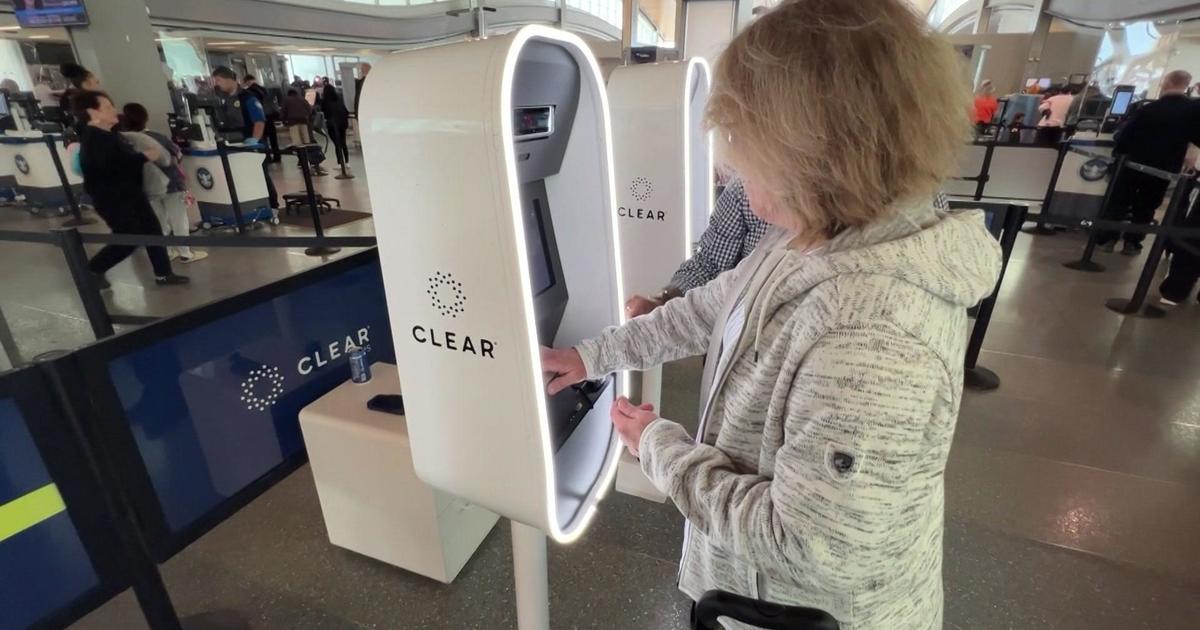Calif. Senate Approves Sales Tax Compromise
SACRAMENTO, Calif. (AP) -- The state Senate approved a compromise bill Friday night that would lead to a temporary pause in California's effort to force more online retailers to collect sales taxes.
Senators sent the measure to the Assembly for a final vote as one of the last major bills remaining in the final hours of this year's regular legislative session.
The compromise between lawmakers, Amazon.com and traditional retailers would delay the expanded online tax collections until at least September 2012. That would give Amazon and other retailers time to lobby Congress for national rules governing online sales taxes.
AB155 would eliminate an estimated $200 million in tax revenue the state had been counting on this fiscal year while ending the threat of an expensive fight over an Amazon-sponsored 2012 ballot referendum to repeal the tax change.
"The retailers and Amazon now go back to Washington, D.C., together to lobby for national legislation to ensure that all Internet sellers collect the taxes. So this is good," said Senate President Pro Tem Darrell Steinberg, D-Sacramento.
He said the compromise provides the state with the certainty of future revenue, even if collections are delayed until next fall.
"We actually achieved peace with a delicate compromise here," said Senate Minority Leader Bob Dutton, R-Rancho Cucamonga.
The Senate sent the bill to the Assembly on a bipartisan 36-1 vote.
"This is a huge positive step forward, where we as a state can operate in a marketplace in which every company that sells to Californians plays by the same rules," said Sen. Loni Hancock, D-Berkeley, who carried the bill in the Senate. "It's a fair solution that will prevent an unnecessary referendum that would cost the taxpayers millions of dollars."
The debate over whether online retailers must collect taxes from customers in other states involves billions of dollars across the nation.
A 1992 U.S. Supreme Court decision involving a mail-order company established that retailers only have to collect state tax if they have a physical presence in the state, such as a retail store. Customers who buy from out-of-state retailers are supposed to pay the sales and use tax directly to their home state, but few do.
As Amazon and other online retailers took a larger share of the market, traditional retailers argued that the tax rules unfairly cut into their business by giving online sellers a price advantage. State and local governments also cried foul about outdated laws that never envisioned a retail store in every Web browser and cost them tax revenue.
California this year joined a growing wave of states that tried to boost tax collections by expanding the definition of "physical presence" in the state to include marketing affiliates, who steer online customers to the retail site, and sister companies such as Amazon's Silicon Valley subsidiary that developed the Kindle electronic book reader.
Internet retailers said the move was illegal. Amazon cut ties to California affiliates and has spent more than $5 million to gather signatures for a referendum to repeal the law since Gov. Jerry Brown signed it June 28.
AB155 would eliminate the language Brown signed until at least Sept. 15, 2012. When it does take effect, it would apply only to sellers with at least $1 million in annual sales, up from $500,000 in the law Brown signed.
The amendments also would require large online retailers to notify customers that they owe state tax and provide a total amount of annual purchases potentially subject to the tax.
(Copyright 2011 by The Associated Press. All Rights Reserved.)



